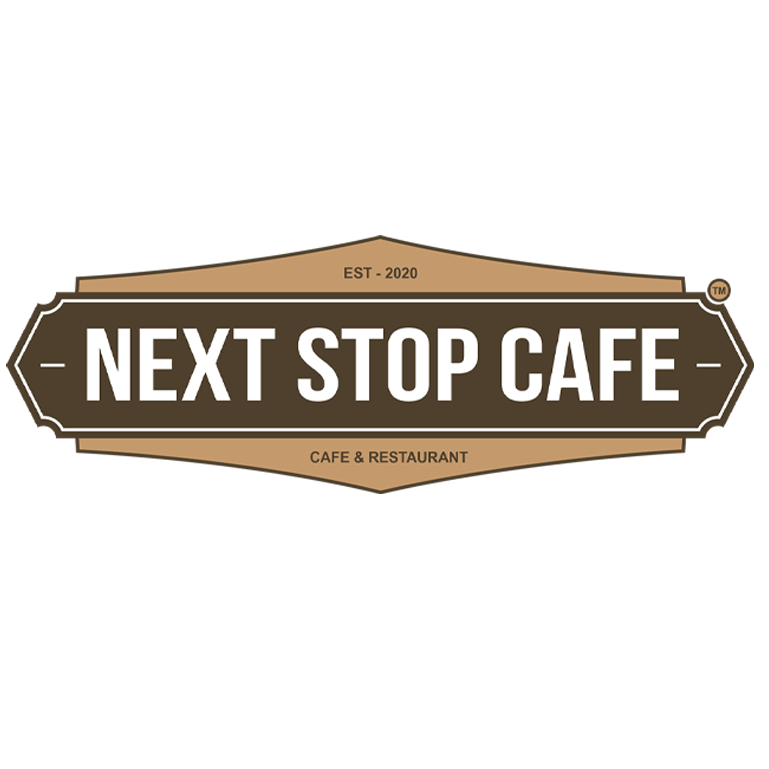How to Plan a Seamless Corporate Catering Event
- Next Stop Cafe
- Sep 29, 2025
- 3 min read
Planning a corporate catering event can be a complex task, but with the right approach, it can become a smooth and enjoyable experience. Whether you are organizing a small team lunch or a large company celebration, attention to detail and careful preparation are key. This guide will walk you through the essential steps to ensure your corporate catering event runs flawlessly.
Understanding Your Corporate Catering Needs
Before diving into the logistics, it’s important to clearly define the purpose and scope of your event. Ask yourself:
What is the occasion? (e.g., meeting, training, celebration)
How many attendees will be present?
What is the budget allocated for catering?
Are there any dietary restrictions or preferences to consider?
Knowing these details upfront will help you make informed decisions about the menu, venue, and service style. For example, a formal business dinner will require a different setup than a casual networking lunch.
When selecting a menu, consider offering a variety of options to accommodate different tastes and dietary needs. Including vegetarian, vegan, gluten-free, and allergy-friendly dishes ensures everyone feels included. Additionally, think about the timing of the event. If it’s a morning meeting, light breakfast items and coffee might suffice. For afternoon or evening events, a more substantial meal or buffet could be appropriate.

Choosing the Right Corporate Catering Services
Selecting the right corporate catering services is crucial to the success of your event. A professional caterer will not only provide delicious food but also help with logistics such as delivery, setup, and cleanup.
Here are some tips for choosing the best catering partner:
Research and Reviews: Look for caterers with positive reviews and a strong reputation in your area.
Menu Flexibility: Ensure they can customize menus to fit your event’s theme and dietary requirements.
Experience: Choose a caterer experienced in corporate events, as they understand the unique needs of business clients.
Tasting Sessions: Whenever possible, schedule a tasting to sample the food before making a final decision.
Service Options: Decide if you want buffet-style, plated meals, or boxed lunches, and confirm the caterer can accommodate your preference.
Working with a reliable catering service reduces stress and allows you to focus on other aspects of event planning.

Coordinating Logistics for a Smooth Event
Once you have your catering service and menu sorted, it’s time to coordinate the logistics. This phase involves several important steps:
Venue Coordination: Confirm the venue’s policies on food and beverage, including any restrictions or requirements.
Setup and Timing: Work with the caterer to schedule delivery and setup times that align with your event agenda.
Equipment and Supplies: Ensure the caterer provides necessary items such as plates, cutlery, napkins, and serving utensils.
Staffing: Determine if you need servers or bartenders, and confirm their availability.
Waste Management: Plan for cleanup and disposal of food waste to keep the venue tidy.
Clear communication with both the venue and the catering team is essential. Provide them with a detailed timeline and contact information for key personnel to avoid any last-minute surprises.

Enhancing the Guest Experience
A successful corporate catering event is not just about food - it’s about creating a positive experience for your guests. Here are some ways to enhance the atmosphere:
Presentation: Attractive food presentation can make a big difference. Use garnishes, themed decorations, and stylish serving dishes.
Seating Arrangements: Arrange seating to encourage networking and conversation.
Beverage Options: Offer a variety of drinks, including non-alcoholic choices, to suit all preferences.
Entertainment: Depending on the event, consider light background music or interactive activities.
Feedback: Provide a way for guests to share their thoughts on the catering and overall event, which can help improve future planning.
Remember, the goal is to make attendees feel valued and comfortable, which reflects positively on your organization.
Tips for Managing Last-Minute Changes
Even with the best planning, unexpected changes can occur. Here’s how to handle them effectively:
Stay Flexible: Have backup plans for menu items or staffing in case of cancellations or shortages.
Communicate Quickly: Inform your caterer and venue immediately if there are changes in guest numbers or timing.
Keep Essentials Ready: Stock extra beverages, snacks, and utensils to cover unforeseen needs.
Delegate Tasks: Assign a team member to oversee catering-related issues during the event.
Stay Calm: Maintaining composure helps you think clearly and resolve problems efficiently.
Being prepared for surprises ensures your event remains seamless and professional.
Final Thoughts on Corporate Catering Success
Planning a corporate catering event requires careful attention to detail, clear communication, and a focus on guest satisfaction. By understanding your needs, choosing the right corporate catering services, coordinating logistics, and enhancing the guest experience, you can create an event that leaves a lasting positive impression.
With these strategies in place, your next corporate catering event will be both enjoyable and successful, reflecting well on your organization and fostering stronger business relationships.








sd